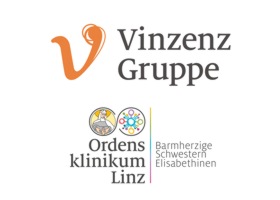Younossi, Zobair M und Ratziu, Vlad und Loomba, Rohit und Rinella, Mary und Anstee, Quentin M und Goodman, Zachary und Bedossa, Pierre und Geier, Andreas und Beckebaum, Susanne und Newsome, Philip N und Sheridan, David und Sheikh, Muhammad Y und Trotter, James und Knapple, Whitfield und Lawitz, Eric und Abdelmalek, Manal F und Kowdley, Kris V und Montano-Loza, Aldo J und Boursier, Jerome und Mathurin, Philippe und Bugianesi, Elisabetta und Mazzella, Giuseppe und Olveira, Antonio und Cortez-Pinto, Helena und Graupera, Isabel und Orr, David und Gluud, Lise Lotte und Dufour, Jean-Francois und Shapiro, David und Campagna, Jason und Zaru, Luna und MacConell, Leigh und Shringarpure, Reshma und Harrison, Stephen und Sanyal, Arun J
(2019)
Obeticholic acid for the treatment of non-alcoholic steatohepatitis: interim analysis from a multicentre, randomised, placebo-controlled phase 3 trial.
Lancet (London, England), 394 (10215).
pp. 2184-2196.
ISSN 1474-547X
Für diesen Eintrag wurde kein Volltext-Dokument angefügt.
| Eintrag bearbeiten |
 |


 Tools
Tools Tools
Tools